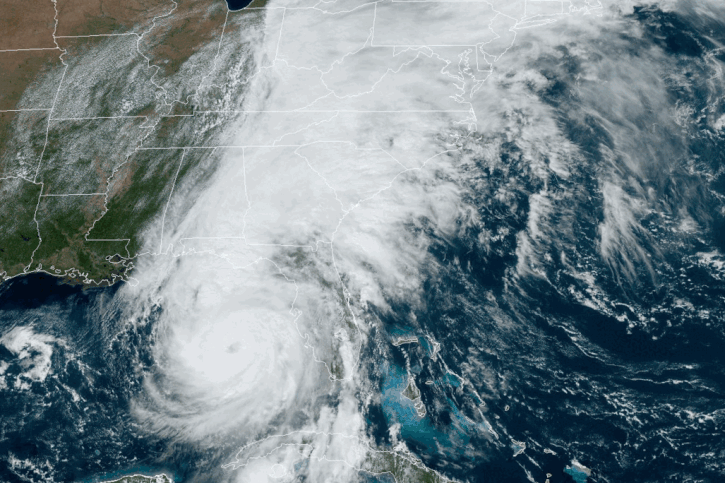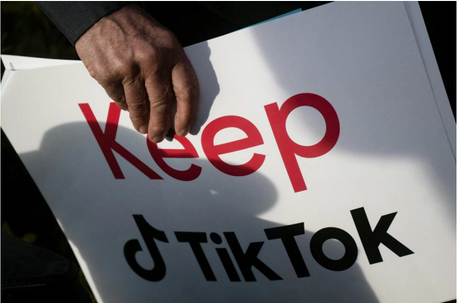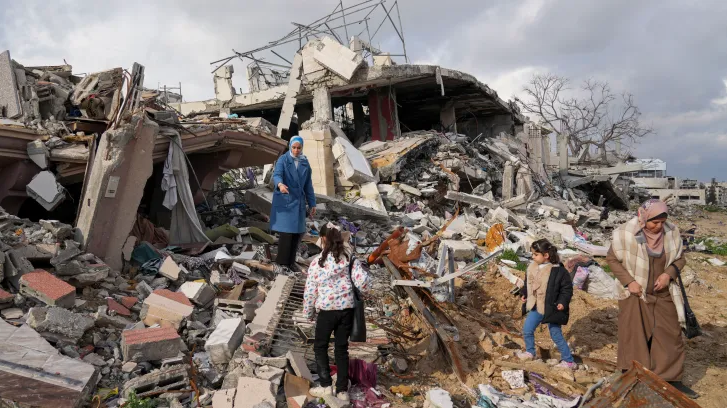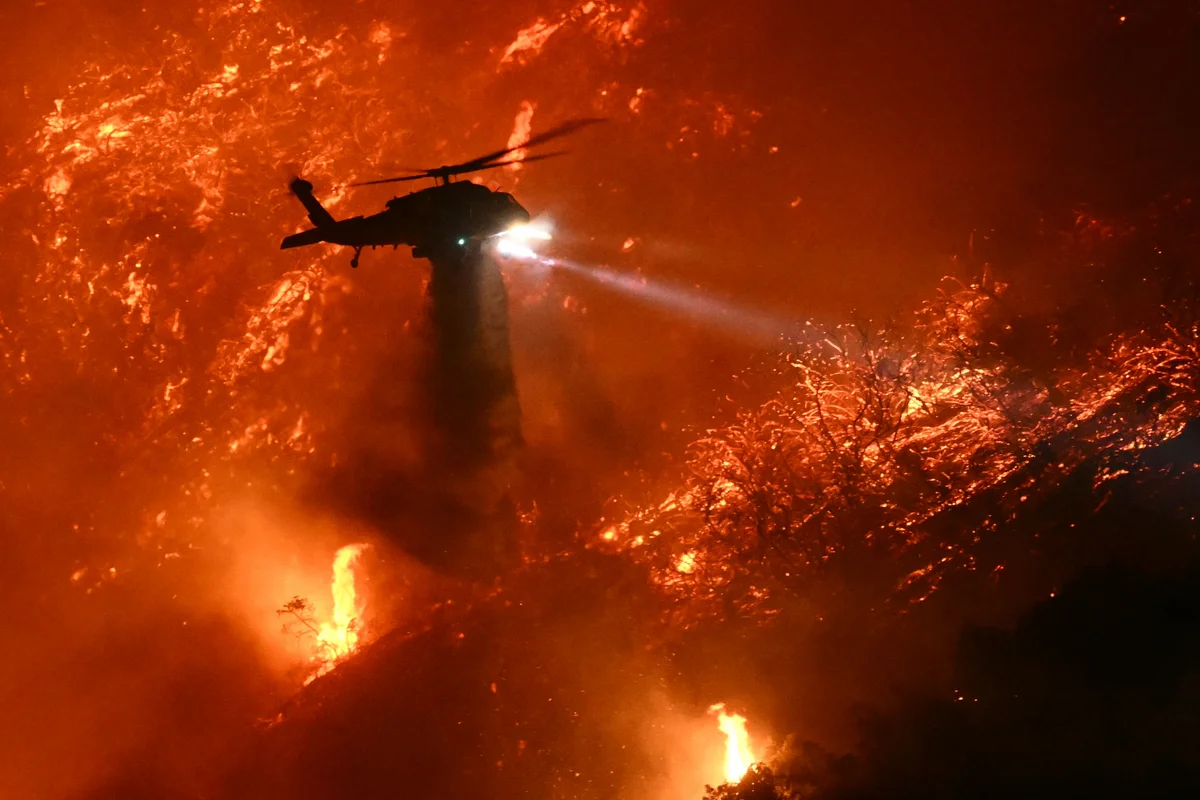As you may have heard on the news, or discussed in classrooms, two Hurricanes have hit the Southeast in the span of three weeks. It’s important to be aware of the disastrous effects these hurricanes have had on millions of Americans and their families and what led to it being so deadly.
Helene and Milton both developed like most do, over the Atlantic ocean. What made these hurricanes so catastrophic, however, was when they moved into the “bathtub warm” waters of the Gulf of Mexico. This causes the absorption of more water through evaporation, making the hurricane wetter and more powerful.
The first hurricane to hit was Hurricane Helene, a category four out of five, that decimated Florida and the surrounding Appalachian states: Georgia, Virginia, South Carolina, North Carolina, and Tennessee. It made landfall in the Big Bens of Florida September 26 with wind speeds of 140mph. Helene received a red rating on the Waffle House Scale, indicating such extreme danger to Floridians that many locations had to close. This is significant because Waffle House stays open during most storms in order to serve communities that may not have power or the ability to get home during extreme weather conditions.
The damages from Helene alone ranged from extensive water damage from flooding, roads and bridges made impassable, and completely flattened homes. An estimated 50 billion dollars of privately owned and business owned properties were lost. The death toll throughout the five states soared to over 230 and hundreds still are missing. With the ongoing loss of power and destruction abound, there was little room for recovery before Milton.
A rapidly intensifying hurricane, weather experts were preparing for the worst as this hurricane reached a category 5 as it hovered over the Gulf of Mexico. Starting off as a somewhat serious tropical storm that hit the Yucátan Peninsula , Florida meteorologist John Morales became emotional on T.V. while explaining its strength and magnitude. After all, it hadn’t even been a week since the devastation caused by Helene at the end of September. Waffle House called a red for this hurricane on its scale.
Once Hurricane Milton made landfall in Siesta Keys, Florida, it had downgraded to around a category two or three. Still, communities affected by Milton were reeling from Hurricane Helene’s disastrous effects, creating greater difficulties. There were 3.4 million power outages in the Sunshine State alone caused by Milton, with those living in the mountains of Tennessee and North Carolina especially struggling due to their isolation.
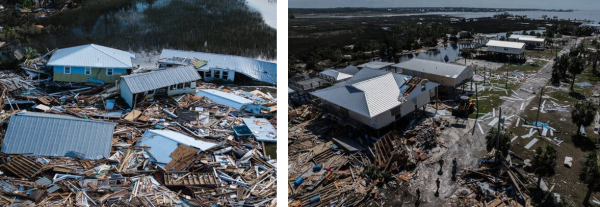
There was a great amount of controversy surrounding these hurricanes. One of them was that the Federal Emergency Management Agency (FEMA) was inadequately prepared for the disaster; the reaction to the effects of the hurricane was less efficient than expected. According to Shana Udvardy, a senior climate resilience policy analyst with the Union of Concerned Scientists, this is caused by the agency spreading itself too thin. Besides disaster relief, its primary function, FEMA also services historically disadvantaged communities. According to an article from the Union of Concerned Scientists, “FEMA also prioritizes funds for other critical resilience activities that are often underprioritized such as implementing building codes and conserving and restoring wetlands and dunes.” With these additional efforts, it’s clear that there could be difficulties in responding to natural disasters.
Yet another controversy arose between presidential hopeful Vice President Kamala Harris and Florida Governor Ron Desantis. The Vice President reportedly told several news outlets that Desantis never returned her calls amid the disastrous results of Helene and Milton. She said that this is a blatant politicization of what should be bringing both sides of the aisle together in order to help hurricane victims: “We have to have an agreement that, at some point, we all need to work together to combine resources, especially federal, state, and local resources, around these kinds of disasters. I think it’s a shame that that hasn’t happened.” Governor Desantis, however, responded by calling out her political gamesmanship. The governor was indeed working side by side with the Biden administration, FEMA, and local authorities amid the dangers of major storms. “My focus is exactly where it should be, and I can tell you this, I’ve worked on these hurricanes both under President Trump and President Biden, neither of them ever tried to politicize it. She has never called on any of the storms we’ve had since she’s been Vice President until apparently now. Why all of a sudden is she trying to parachute in and inject herself when she’s never shown any interest in the past? We know it’s because of politics, we know it’s because of her campaign. I have zero time to entertain these political games,” Desantis shot back.
The response of leaders to the hurricanes has been ongoing, with President Joe Biden commending governors like Desantis for working around the clock to help Floridians have the resources they need most. However, the work of non-profit organizations such as Mercy Chefs that provide quality meals as well as volunteers and first responders to struggling communities.
It is important to keep the victims of Hurricane Helene and Hurricane Milton in our minds and hearts. If possible, consider donating basic necessities that will reach those who most need it, such as toiletries, clothes, medicines and other goods.

